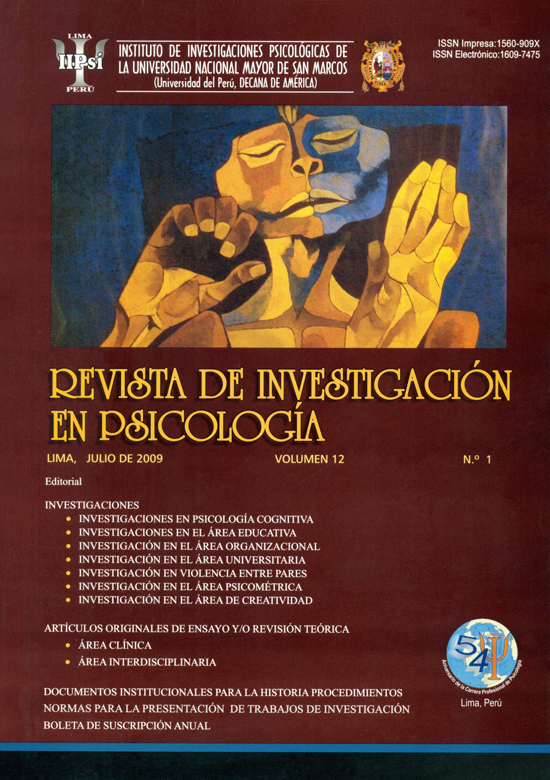Fujimori’s syndrome
DOI:
https://doi.org/10.15381/rinvp.v12i1.3791Keywords:
mental health and politics, psychiatry and politics, politic violence, terrorismAbstract
The historical precedents of the prosecution of the ex president Alberto Fujimori it is described. He was extradited from Chile surprisingly, after 7 years of his fled in Japan, where he resigned by fax to the presidency of the Republic. The synopsis of the mega-judgment is shown, the theory of the mediator that stated both the extradition and the first sentence of the Magistrate’s court (which established that the murder of the 25 people) were political crimes against humanity and that Fujimori was the master planner. In the psychodynamics the convergence of the narcissistic perversion and the paranoid imbalance is established, as well as the identification of the victim with the aggressor. The victim, the people addicted to Fujimori, their executioner which daughter Keiko is the favorite candidate to the presidency of this eluded electorate. Therefore, in the Fujimori syndrome we can spot the clinic phenomenology observed in Fujimori and his inner circle before, during and after the historic mega-judgment. It is concluded that the Fujimori henomenon is a morbid process that affects the mental health of the Peruvian people and preventive-emotional alternatives are suggested to deal with it.Downloads
Published
Issue
Section
License
Copyright (c) 2009 Martin Nizama V.

This work is licensed under a Creative Commons Attribution-NonCommercial-ShareAlike 4.0 International License.
THE AUTHORS RETAIN THEIR RIGHTS:
a. The authors retain their trademark and patent rights, and also on any process or procedure described in the article.
b. The authors retain the right to share, copy, distribute, execute and publicly communicate the article published in the Journal of Research in Psychology (for example, place it in an institutional repository or publish it in a book), with acknowledgment of its initial publication in the Journal of Research in Psychology.
c. Authors retain the right to make a subsequent publication of their work, to use the article or any part of it (for example: a compilation of their work, lecture notes, thesis, or for a book), provided that they indicate the source. of publication (authors of the work, magazine, volume, number and date).






